David Lea, senior analyst for Western Europe at Control Risks, discusses the business implications of the upcoming elections
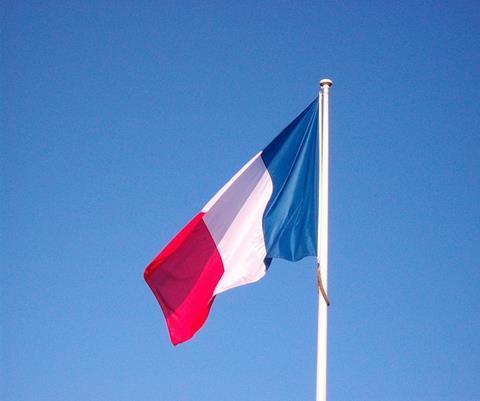
At the close of 2016, we were left in little doubt that the world is seeing a fresh wave of political trends emerging, and with that a change in the risk environment across several nations. And the forthcoming French elections will be no exception, seeing the rise of populism embodied by Marine Le Pen and the National Front, the weakness of the centre-left in the face of this surge and a broader fragmentation of national politics. It takes place against a backdrop of a state of emergency, the result of the eruption in France since 2015 of a particularly acute terrorism threat. The key issues – security, identity, labour laws and pensions – may be universally familiar, but they are particularly pertinent in contemporary France, and will continue to be so whatever the outcome of the presidential contest in April/May and the parliamentary vote in June.
A perfect (media) storm
The media, both in France and, to an even greater extent, internationally, has centred its attention largely on Le Pen in the months prior to the election. Her lead of about one half of the opinion polls for the first round conducted the year before the vote makes for a fine story amid perceptions of a global wave of populist sentiment. The likelihood that her second-round opponent, whoever it is, will see other candidates’ supporters unite in an effort to keep Le Pen out, nonetheless keeps the lid on some of the more frantic coverage.
Yet, a win by Le Pen is not essential for the impact to be felt across the nation. Her party’s strong performance in polls and regional elections has wrong-footed the traditional duopoly. Fillon, a more conservative candidate in the primary, was finally favoured above Juppé, who was thought to be a shoe-in winner before the primary election. Lessons from elections and referendums in other major Western countries suggest that interaction between public and politicians, and perhaps most crucially, between members of the public with opposing views, will become more strained and susceptible to abuse or even violence. A credible consequence of this would be an increase in what the Anglo-Saxon world terms ‘hate crimes’ – assault, abuse or vandalism motivated by ideology and identity.
Another effect of this rightward move in political discourse has been the focus on employment law and pensions by both those determined to liberalise, and those keen to preserve the system as is. There is increased demand for labour reform on the one hand, and a greater determination to resist it on the other. The Nuit Debout protests from March 2016 onward – held despite tight restrictions on gatherings in accordance with the state of emergency – illustrated how divisive and socially disruptive this issue can be in France. The new president is likely to attack the job with reformist zeal – but be met by a wave of strikes and social protests.
A continued state of emergency
In 2016, France feared terrorist attacks during the Euro2016 football tournament and Tour de France. The hope was that when the former finished, that the state of emergency could be brought to an end, and with it the increased demands on the police, military, and businesses themselves. The Bastille Day attack in Nice ended that hope, and made it almost inevitable that the special measures would remain in place through to the end of the 2017 election season. There is precedent for Islamist extremists in Europe attacking during election campaigns – the most lethal incident in Europe remains the train bombings three days before the Spanish elections in March 2004 – and the destabilising effect that such an attack could have on voting intentions is clear. Any cross-border element could bring the future of the Schengen area front and centre in the campaign, with implications for mobility of people as well as for the just-in-time supply chains on which the modern European economy depends. The tension ahead of voting will itself impact on business, even if an attack does not materialise, with international businesses (and maybe even some French companies) restricting travel or limiting operations during the period considered most vulnerable. Key potential targets – airports, rail hubs, the Paris metro, major shopping and entertainment areas – are likely to be more difficult to move around as polling day draws near.
The disruptive electoral cycle
The terrorism threat environment in France in particular, and throughout Europe more generally, is such that an attack of some form – even if it fails or is foiled by the actions of the authorities – is a credible possibility in the first half of 2017, and media will report it as an attempt to destabilise the elections, even if there is no evidence that this was part of the attackers’ motivation. But this just illustrates that, in France in particular, the election cycle is itself disruptive to the business risk environment. Sudden changes in government policy and the flurry of legislation inevitable with a new president and national assembly (even if moderates win) can lead to social disruption – the 2005 disturbances in sensitive semi-urban areas followed relatively swiftly after the election of Nicolas Sarkozy, whose abrasive style and hard line on immigration was a stark change to that of his predecessor Jacques Chirac. The implications for business do not begin and end with the prospect of a Le Pen victory. Businesses need to examine what the campaign might mean for them – are they vulnerable to being portrayed as unpatriotic or chauvinistic, are their locations likely to be obstructed by rallies or protests, are key policies to be implemented immediately post-election likely to impact upon them? Being prepared for potential disruption and sufficiently agile to act in case of unpredictable turns of events is even more important in election year then it is at any other time.





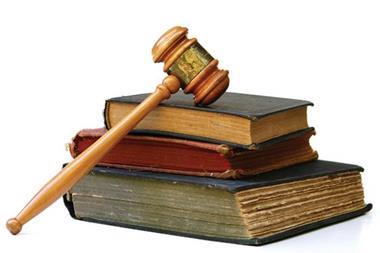


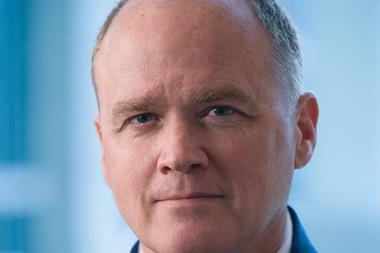
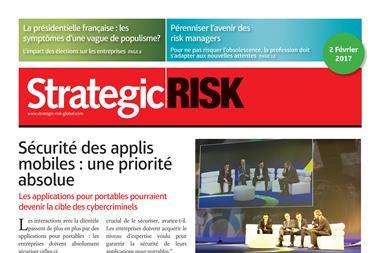
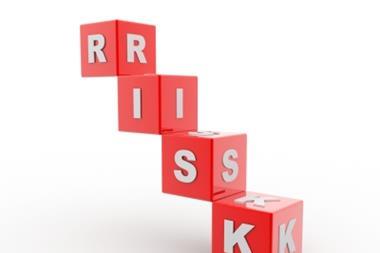
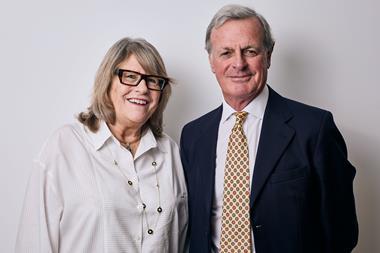
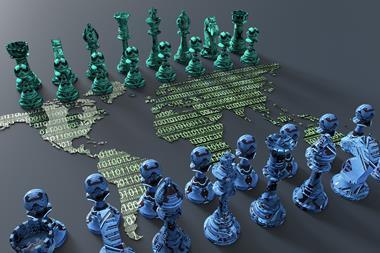

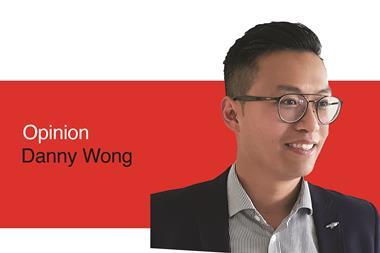

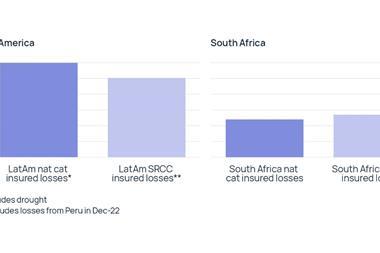



No comments yet